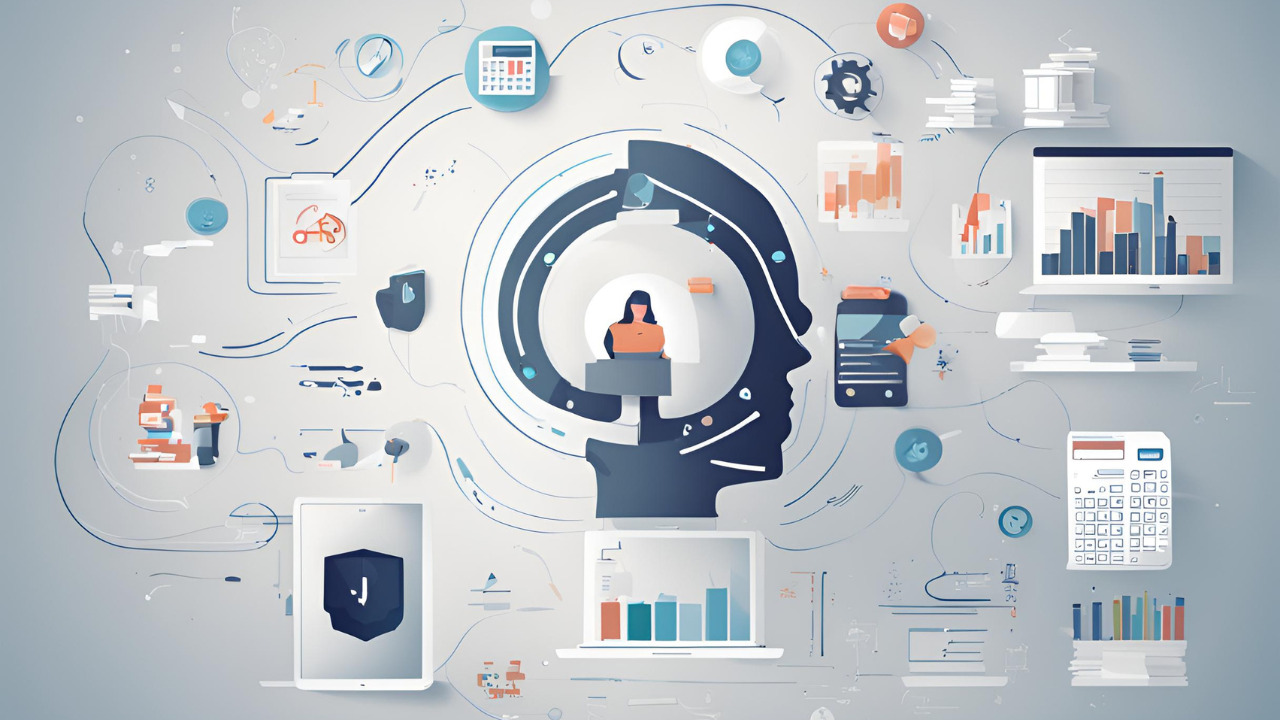As artificial intelligence (AI) continues to advance, its impact on various industries is becoming increasingly profound. One such sector is accounting and tax law, where AI’s potential to revolutionize the field is both promising and a source of concern for professionals. Benjamin Alarie, a professor of tax law at the University of Toronto and CEO of Blue J, offers valuable insights into how AI will influence the future of this domain.
AI: A Tool for Enhancing Productivity, Not Replacing Jobs
For those worried about AI taking over jobs in accounting and tax law, Alarie provides reassurance. He likens AI to the spreadsheet, a tool that enhances productivity rather than replacing the professionals who use it. “Tax is not self-executing. Tax needs human support and involvement,” he emphasizes. AI systems in the tax realm are designed to complement the work of accountants and lawyers, not replace them.
Introducing Ask Blue J: AI in Action
Blue J’s flagship product, Ask Blue J, is an AI-based chatbot that answers complex tax-law-related questions. Launched in 2023, it is already in use by over 100 tax firms in Canada and the United States, with a UK version on the horizon. Ask Blue J leverages OpenAI’s GPT-4 and draws its answers from a curated database of case law and tax regulations, ensuring accuracy and reliability.
Generative AI: Transforming the Accounting Landscape
Generative AI, which uses algorithms to create human-like content, is making its way into the accounting world. A study by Thomson Reuters found that 15% of tax firms either use or plan to use this technology. According to CPA Canada, AI can significantly boost productivity, free accountants from mundane tasks, and usher in an era of continuous accounting.
Alarie believes AI’s potential extends even further. Its ability to analyze vast amounts of data and generate well-reasoned responses could lead to more complex and fair tax systems. “It’s like the iPhone-ification of the tax system,” he says, predicting a future where tax systems are sophisticated yet user-friendly.
The Challenges and Triumphs of Tax Chatbots
Public-facing tax chatbots have had a mixed track record. TurboTax and H&R Block’s AI virtual assistants, for instance, were criticized for their inaccuracies. However, Ask Blue J stands out due to its tailored design for tax professionals and reliance on a curated database rather than the open internet.
In 2021, Alarie tested Blue J’s capabilities by predicting outcomes of pending tax-related court cases. The results were impressive, with the system achieving a 90% accuracy rate. This success highlights AI’s potential to streamline court processes and provide valuable advice to tax professionals on complex issues.
The Future of AI in Tax Law
Looking ahead, Alarie envisions AI playing a significant role in predicting changes in tax laws by analyzing political trends and international practices. He also foresees a time when individuals will have their own AI assistants to provide advice on tax, legal matters, and beyond.
However, with AI evolving rapidly, even Alarie is prepared for unexpected developments. As AI continues to shape the future of accounting and tax law, one thing is clear: it will serve as a powerful tool for enhancing human capabilities and improving the efficiency and fairness of tax systems.




